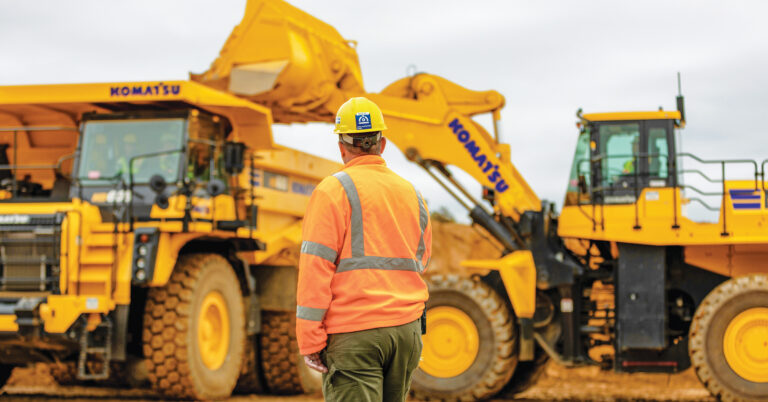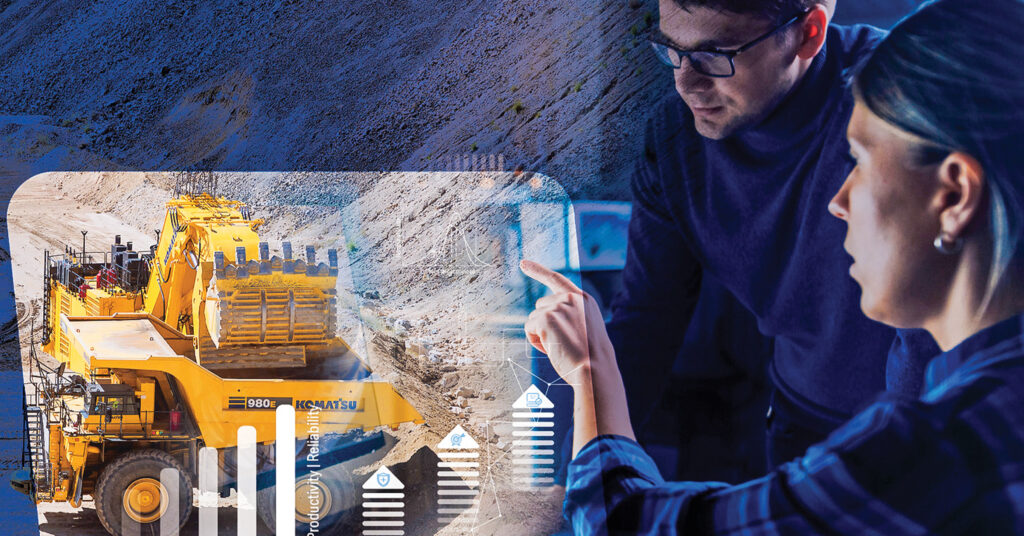
Artificial Intelligence
AI such as ChatGPT offers potential benefits for the construction industry
Driven by the emergence of artificial intelligence or AI, the construction industry finds itself on the brink of a potential transformation. Some tasks that traditionally require a person can be solved by AI tools.
At the forefront of this development stands ChatGPT, an innovative AI language model created by OpenAI. ChatGPT is a type of generative AI that can create content or responses such as sound, images, and — in ChatGPT’s case — text.
“Generative AI is a type of artificial intelligence focused on content creation,” said Trent Miskelly, Chief Operating Officer at Document Crunch. “It has been popularized recently with ChatGPT, which is a company built on OpenAI’s large language models. You can think of a large language model as basically a database of the entirety of the internet. You can ask questions and get responses back.”
Miskelly continued, “In its most basic form, generative AI is a prediction engine. Whatever question it is asked, it is going to do its best to respond to that question and hopefully be helpful to you.”
The program can support some functions of a construction operation, but it is important to recognize its limitations. AI’s strength lies in its capacity to analyze large amounts of data and provide valuable insights.
“It isn’t going to replace the workers on your job site,” said Jeff Sample, Industry Evangelist at Join, “but it may help get materials faster.”
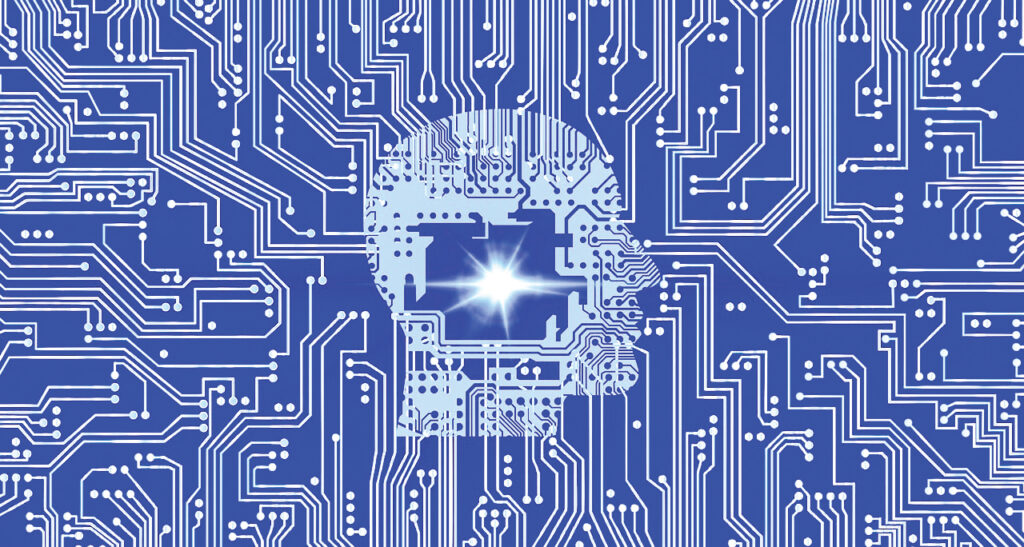
Exploring the advantages
In an industry where precision is paramount, AI can be an asset in cost estimation. ChatGPT can access real-time data on material prices and labor rates and help create accurate cost projections. Construction companies equipped with this AI-driven decision-making and data processing can enhance financial planning, fortify supplier relationships, and establish well-informed budgets.
“Subject matter expertise is paramount when analyzing responses,” noted Miskelly. “You must understand what you are getting from [AI], because you are in the driver’s seat.”
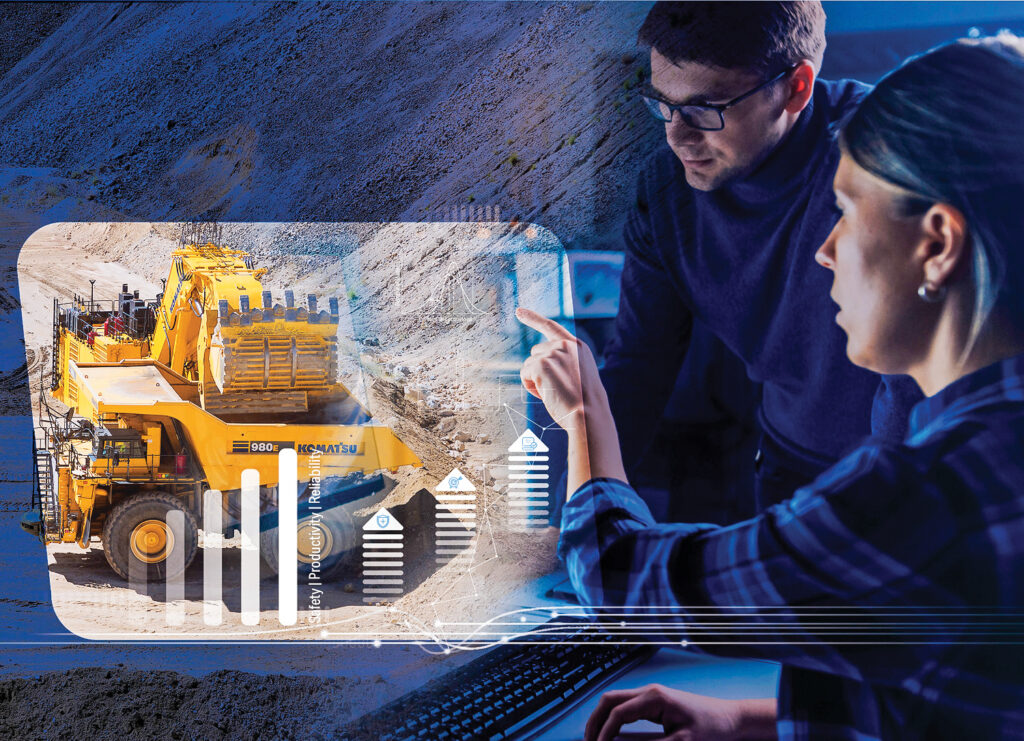
Selecting construction materials and equipment becomes a data-informed decision with AI’s involvement. By analyzing project requirements, ChatGPT can suggest appropriate materials, cost-effective alternatives, and cutting-edge equipment options — steering construction projects toward efficiency and sustainability.
AI can also play a pivotal role in addressing challenges that arise during projects. While it doesn’t replace human expertise, AI can analyze issues, consider variables, and propose solutions to keep projects on course.
“It is great for text classification, like identifying provisions in contracts with a high degree of accuracy,” said Miskelly. “It can create and summarize information from documents or data.”
The scope of AI extends to architectural design, offering new perspectives and solutions. ChatGPT can inject fresh ideas into the creative process, ranging from sustainable construction practices to optimizing spatial utilization — helping further additional innovation.
Navigating concerns and challenges
As AI’s use gains prominence, it also brings legitimate user concerns. The dynamic data analyzing capabilities of ChatGPT introduce potential challenges worth consideration.
“I think it is incredibly important to be cautious with what you are feeding out there,” said Kris Lengieza, Vice President of Global Partnerships and Alliances at Procore Technologies. “You wouldn’t put a bunch of financial statements into ChatGPT if you didn’t want them to be publicly available somewhere and train somebody else’s model.”
Data privacy has emerged as a critical concern in the AI landscape. Ongoing investigations into OpenAI and ChatGPT show the significance of safeguarding user data.
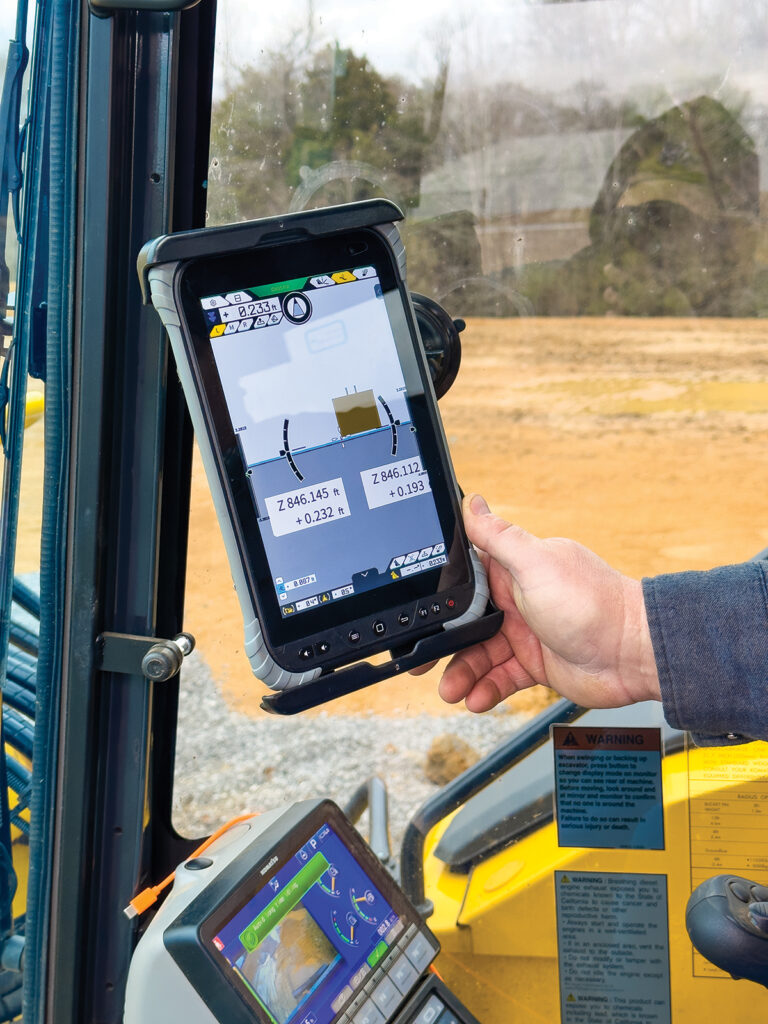
Internationally, Canada’s CBC News published that the country’s federal and provincial governments are opening investigations into OpenAI regarding the disclosure of personal user information, and Italy has become the first country to issue a temporary ban on the software as the country finishes an inquiry into any violations.
Another concern about AI is that ChatGPT has been known to generate non-factual responses. Recently, U.S. Judge P. Kevin Castel fined a law firm and two lawyers $5,000 after they submitted a written argument generated by ChatGPT that contained six legal cases that did not exist, according to a report by AP News. The situation and associated reprimand are the first of its kind.
“Technological advances are commonplace and there is nothing inherently improper about using a reliable artificial intelligence tool for assistance,” wrote Castel. “But existing rules impose a gatekeeping role on attorneys to ensure the accuracy of their filings.”
Castel added, “[They] abandoned their responsibilities when they submitted non-existent judicial opinions with fake quotes and citations created by the artificial intelligence tool ChatGPT, then continued to stand by the fake opinions after judicial orders called their existence into question.”
Responsible usage of AI is paramount to avoid misinformation and inaccuracies. These recent instances of false information generated by AI highlight the need for accurate representation and the importance of stringent oversight to ensure the accuracy of AI-generated content.
“I think we should be excited as an industry, but we need to be responsible about how fast we move,” noted Lengieza. “We need to be responsible for how much we trust these programs, and we need to make sure that the trust we give is verified.”
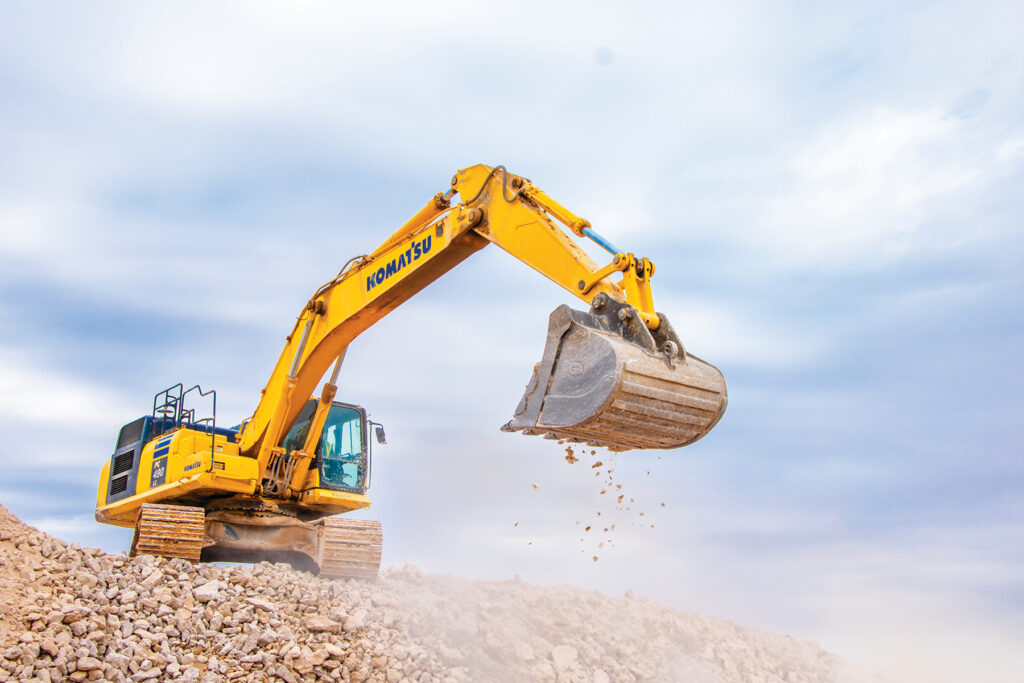
Charting the path ahead
AI doesn’t change the core dynamics of the construction worksite, but it can serve to complement it. As the construction industry navigates the evolving artificial intelligence landscape, it finds itself at the brink of the next step in this ongoing technological-driven evolution.
To learn more about construction technology visit https://www.komatsu.com/en/technology/smart-construction/.

